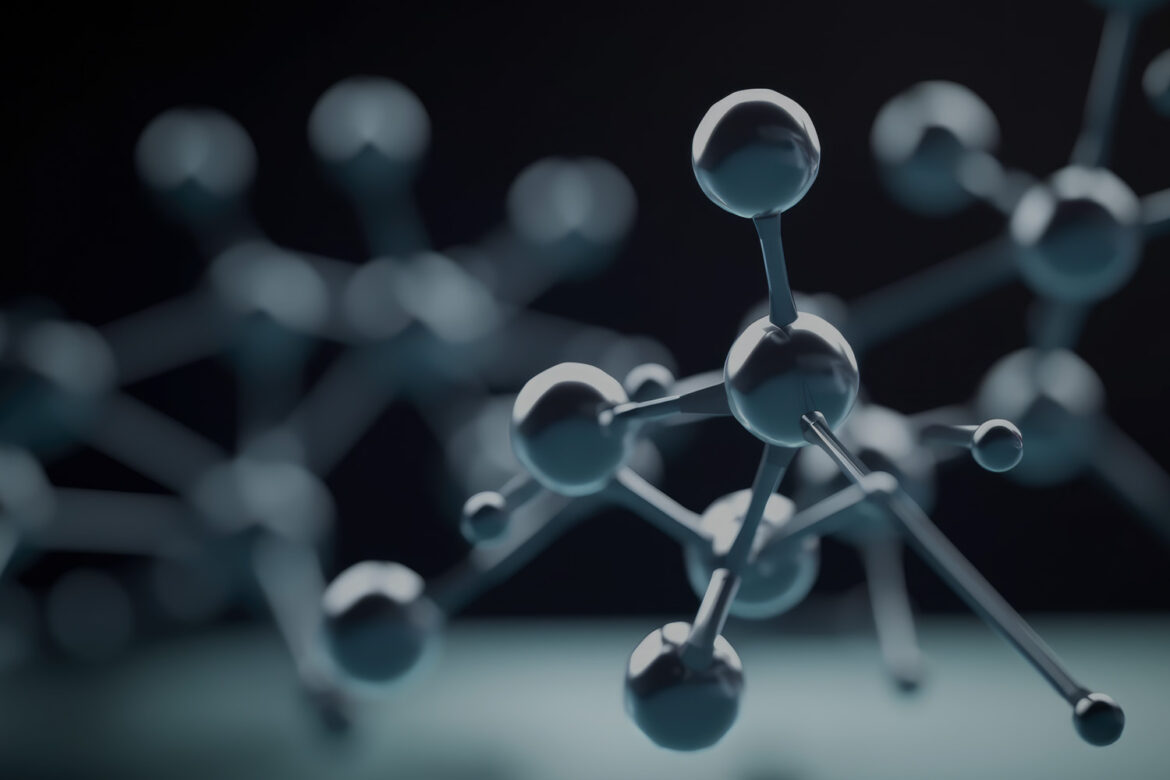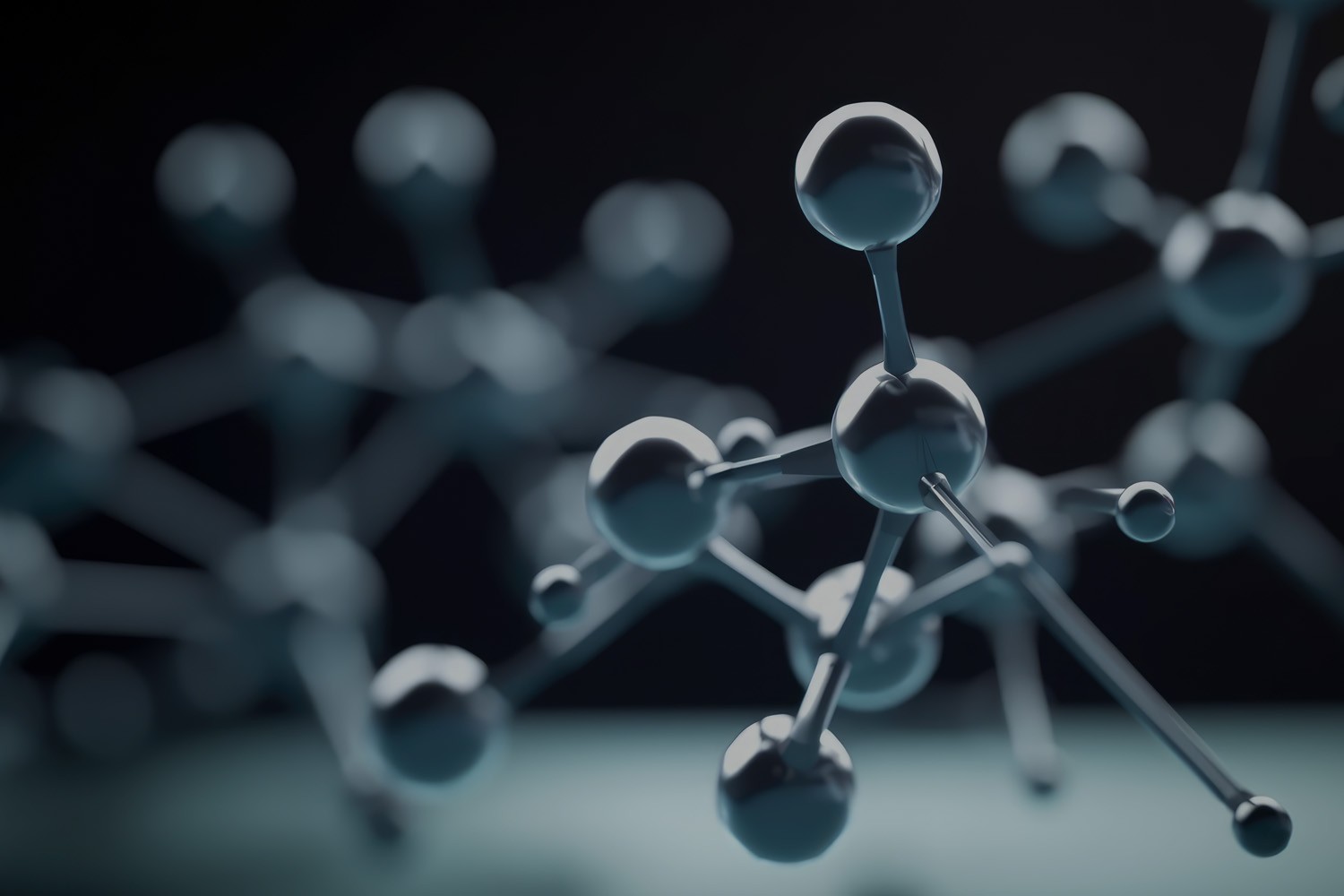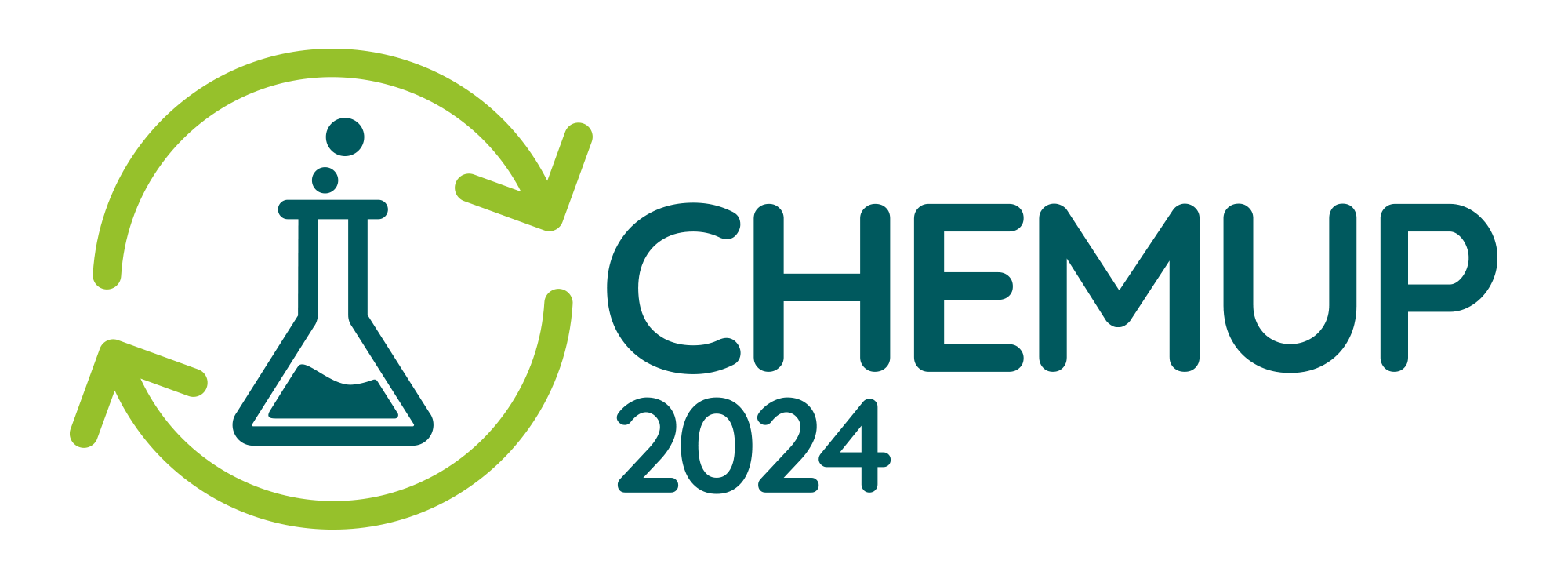
![]()
Economía circular y sostenibilidad
CHEMICAL RECOVERY OF POST-CONSUMER TEXTILE WASTE
CHEMUP 2024
Motivation
In the last twenty years, global fibre production has doubled, and is expected to continue to grow exponentially in the coming years due to the increasing consumption of textile goods. The current system of textile production, distribution and use operates in an almost completely linear fashion and this, coupled with fast fashion, has led to significant problems of textile waste and its accumulation in landfills or incineration plants. As a result, the environmental impact associated with the textile sector has become one of today’s most worrying issues. The implementation of the circular economy in the EU aims to reduce the pressure on natural resources, promote sustainable growth, and create jobs in order to meet the EU’s commitment to achieving climate neutrality by 2050 and addressing biodiversity loss.
The action plan presents a number of initiatives covering the life cycle of products. It focuses on design, promotes circular economy practices, encourages sustainable consumption and seeks to prevent waste while ensuring that the resources used remain in the EU economy for as long as possible.

Objectives
The overall objective is the study, validation and implementation of various recycling approaches, including chemical, enzymatic and thermochemical recycling of textile waste on various scales, depending on the maturity of the technology.
In the case of the chemical recycling of polyester and cotton, it is proposed to continue optimising and implementing the yarn manufacturing process. For the time being, the relative immaturity of the thermochemical and enzymatic recycling of textile waste means these approaches will studied and validated.
En este sentido, el objetivo principal del proyecto es investigar y desarrollar prendas textiles de punto para la integración de sensores y wearables que mejoren el rendimiento y rehabilitación en deportistas mediante la gamificación.

Expected results

- Chemical recycling of PET: it is expected that the process developed will continue to be optimised and improved. Work will also be done to take the process to industrial pilot scale.
- Chemical recycling of cotton: the aim is to complete the AITEX pilot plant enable the complete recycling process, as well as to continue characterising the recycled materials obtained to optimise the process.
- Thermochemical recycling of wind turbine blades: it is expected to further expand the theoretical knowledge of the technique and begin tests on the equipment to analyse the influence of a range of operating variables.
- Chemical recycling of polyurethane: to carry out a state-of-the-art study to identify new opportunities and determine the specific needs for the polymer.
- Enzymatic recycling of textile waste: to carry out a state-of-the-art study to identify new opportunities with more environmentally friendly processes.
Grant number: IMAMCA/2024/6
Programme: Plan of non-economic activities 2024
Period of execution: January 2024 – December 2024
Status: In progress
More information: PLAN OF ACTION
Entity: IVACE

Project supported by the Conselleria Conselleria de Innovación, Industria, Comercio y Turismo de la Generalitat Valenciana, through IVACE

CONTACT US
Do you want to contact us? Click on the button and write to us.
R&D AREAS
NEWS
SAVE THE DATE! AITEX will host the 19th Textile ETP Annual Conference next year, from 13 to 14 May 2024 in AITEX headquarters, in Alcoy Alicante.
AITEX has attended the Cosmetorium fair in Barcelona once again on October to present its new products for the cosmetic sector.
AITEX analyses the problem of PFAS substances in various industrial sectors and presents various innovations to mitigate their presence in products and processes.










